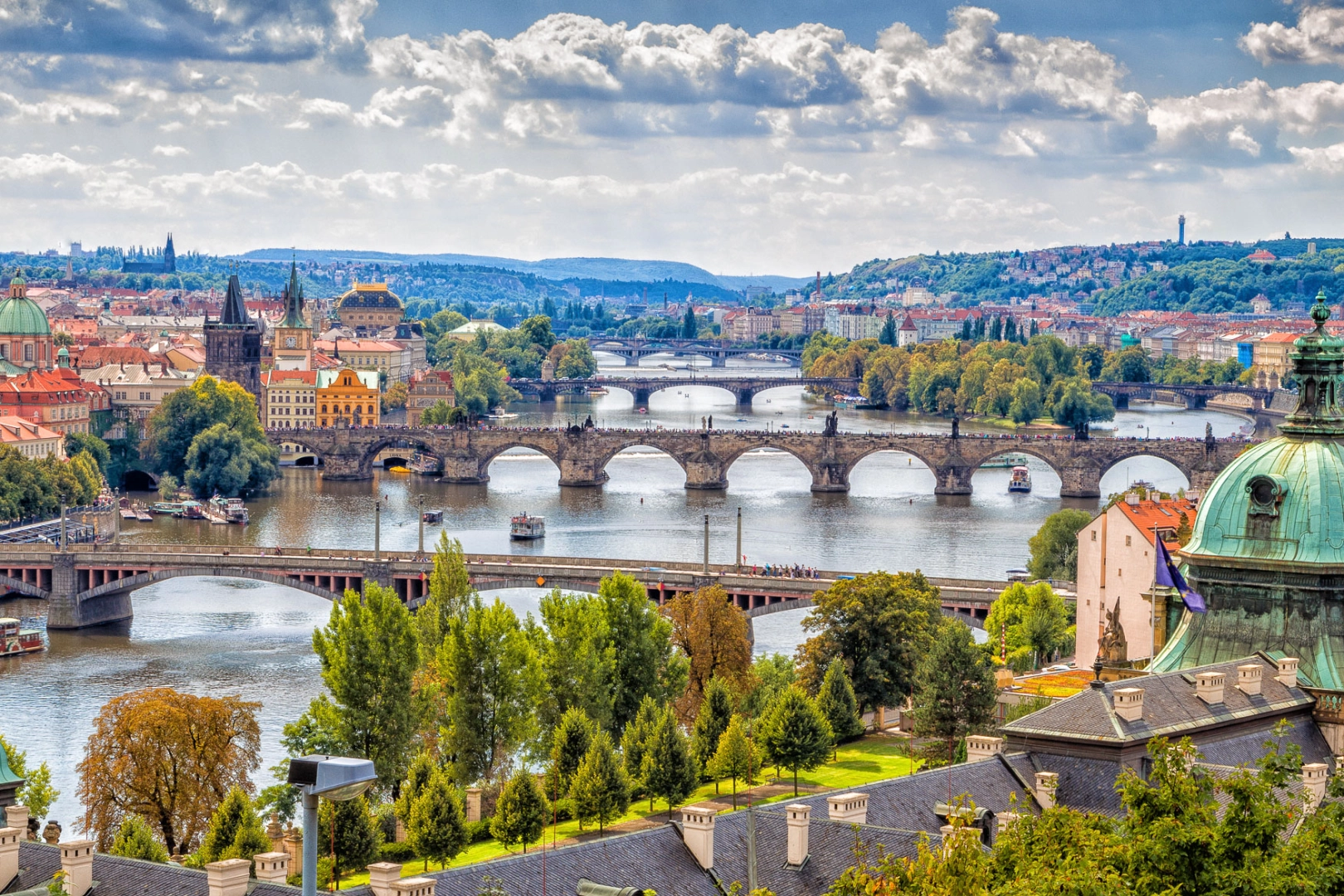From Airbnb restrictions to 'strange' costume bans: How is Czechia combating overtourism?

The Czech Republic is tackling the negative impacts of overtourism by introducing new restrictions on short-term rentals through platforms like Airbnb. This measure is aimed at addressing issues such as high rental prices and housing shortages caused by short-term vacation rentals in popular tourist areas.
Similar to other countries affected by overtourism, including the UK, Ireland, the Netherlands, and France, the Czech government is proposing new regulations to limit short-term rentals in popular cities like Prague. The goal is to reduce property prices and protect local residents from the pressures of tourism.
Airbnb Restrictions
A newly approved bill by the Czech government grants municipalities and cities the authority to restrict Airbnb-style accommodations. This legislation includes limits on the number of days a property can be rented out per year and establishes minimum space requirements per guest.
The bill also aims to enforce stricter regulations and local taxes on guesthouses, Airbnb, and other vacation rentals, bringing their obligations in line with traditional hotels. Property owners will be required to register their accommodation and guest information on a new platform called "eTurista," and accommodations will receive a registration number to be included in their listings.
If implemented, this system is expected to enhance the oversight of short-term rentals operating in the gray area. Authorities estimate that 40 to 70 percent of online accommodations are unreported, potentially causing an annual tax revenue loss of approximately 32 million euros.
The new regulations are scheduled to take effect in July 2025.
Additional Measures
In addition to tracking rental properties, the new rules aim to reduce noise disturbances by limiting the number of tourist apartments in city centers. In Prague, local residents are moving away from the historic center due to noisy tourists.
This is not the first noise-related regulation in the Czech Republic. Earlier this year, a proposal was made to ban bachelor parties and unusual costumes that are thought to encourage excessive noise, particularly in Prague's nightlife district. Some city council members argued that such costumes contribute to nighttime noise and social disturbance.
Additionally, while a previous request to restrict the operating hours of businesses in the city center was denied, a ban on vehicle access to certain historic areas from 10:00 PM to 6:00 AM was accepted in July.